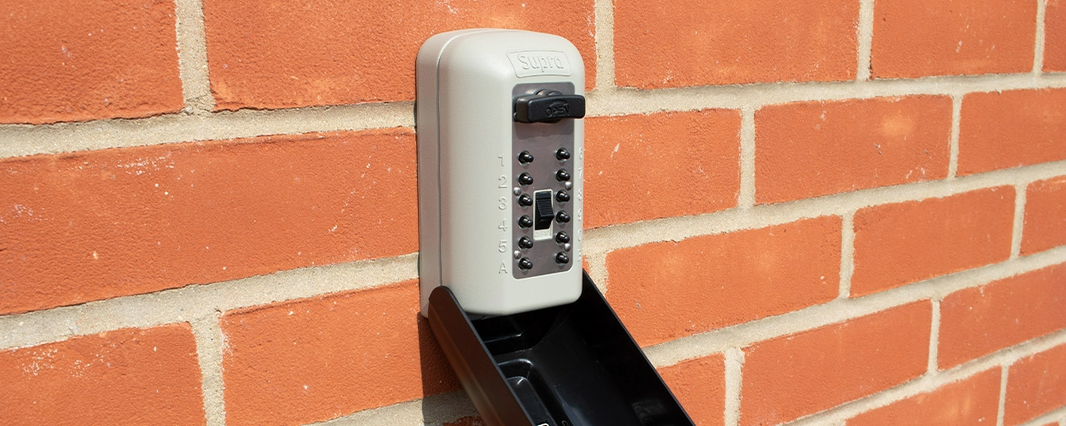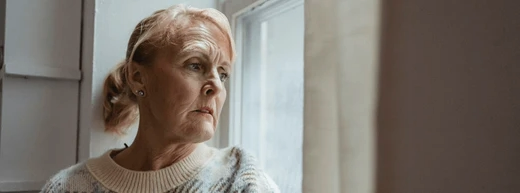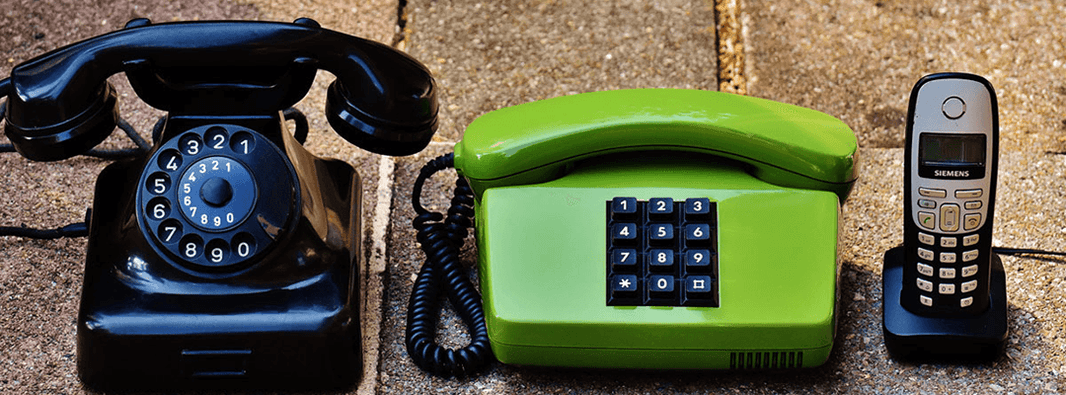Most of us know that the best way to get the vitamins, minerals and nutrients we need is from food. However, many older adults have a hard time eating a full and balanced diet. A few reasons for this could be:
- Lack of appetite.
- Difficulty chewing.
- Fixed budgets.
Supplementing with vitamins may be an option. But, it’s important to know exactly what to take and when.
Is it worth taking vitamins?
Vitamins can do just what they say on the tin – fill the gaps in your loved one’s diet. But they aren’t always the answer.
Taking a high dosage or taking them for a long period of time can do more harm than good. Additionally, they can be expensive and unnecessary. Our kidneys will simply flush out what our bodies don’t need, which could mean that the vitamins end up going straight down the toilet.
Dr Ronni Chernoff says: “If you take a vitamin that is designed to be a once-a-day supplement, that’s OK. But you don’t want to take five of them a day.” It’s also important to discuss with the GP about why the vitamins are needed and what benefits they are providing for your loved one.
Regardless, vitamin supplements can be helpful. Experts have helped to identify the most common deficiencies to look out for in older people.
Vitamin D
This nutrient helps to regulate the amount of calcium and phosphate in the body. These all help to keep bones, teeth and muscles healthy. People over the age of 65 don’t make it as well and are at risk of not getting enough Vitamin D. This can be especially true when we’re not exposed to much natural sunshine.
Food sources of Vitamin D include:
- Oily Fish – salmon, sardines and mackerel.
- Red meat.
- Egg Yolks.
- Margarine.
British Dietetic Association spokesperson Priya Tew says: “It can be difficult in the UK to meet our vitamin D needs through sunlight and diet alone. For this reason, it’s recommended that over-65’s take a supplement of vitamin D of 10 micrograms per day. Try to get out in the sun for 10-15 minutes a day without sunscreen, too.”
Iron
Iron is essential for making red blood cells, which carry oxygen around the body. Most people should be able to get all the iron they need by eating a varied and balanced diet but women in particular can be more prone to having low iron levels. A lack of iron can lead to an iron deficiency called anaemia.
Food sources of iron include:
- Meat.
- Beans.
- Nuts.
- Most dark green leafy vegetables – such as watercress and kale.
The Department of Health and Social Care advise that most people should be able to get the iron they need from food. However, iron supplements may be needed after your loved one speaks to their GP. Taking 17mg or less a day of iron supplements is unlikely to cause any harm. But continue taking a higher dose if advised to by your GP.
Calcium
Calcium has several important functions which include helping to build strong teeth and bones, regulating muscle contractions and making sure blood clots normally. A lack of calcium can cause osteoporosis in later life.
Food sources of calcium include:
- Milk, cheese and other dairy products.
- Green leafy vegetables, like broccoli.
- Soya Beans.
- Nuts.
Adults over the age of 65 need 700mg per day of Calcium. However, most of us should be able to get all the calcium we need from our diets. If supplements are required, don’t take too much as this could be harmful. Taking 1,500mg or less would be fine.
Vitamin C
Vitamin C has several important functions. These include protecting cells, maintaining healthy skin, blood vessels and helping to heal wounds. Food sources of Vitamin C include:
- Oranges and orange juice.
- Red and Green peppers.
- Strawberries.
- Blackcurrants.
Vitamin C cannot be stored in the body, so it is important to get it in your loved ones diet every day. Taking less than 1000mg of vitamin C supplements in a day should not cause any harm.
Should we be taking vitamin supplements?
Many of us choose to take supplements because we think we are not getting the right amount in our bodies. Whilst vitamins can be extremely beneficial, be sure your loved one discusses any major changes with their GP to stay safe.
Another way to stay safe is with our Careline alarm. You can learn more in our in-depth guide, by getting in touch with our Customer Service Team on 0808 304 4183, or via email info@careline.co.uk.









